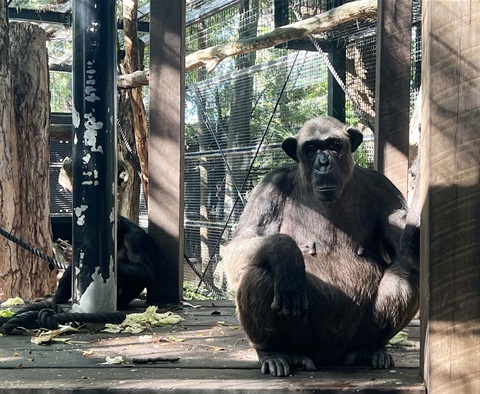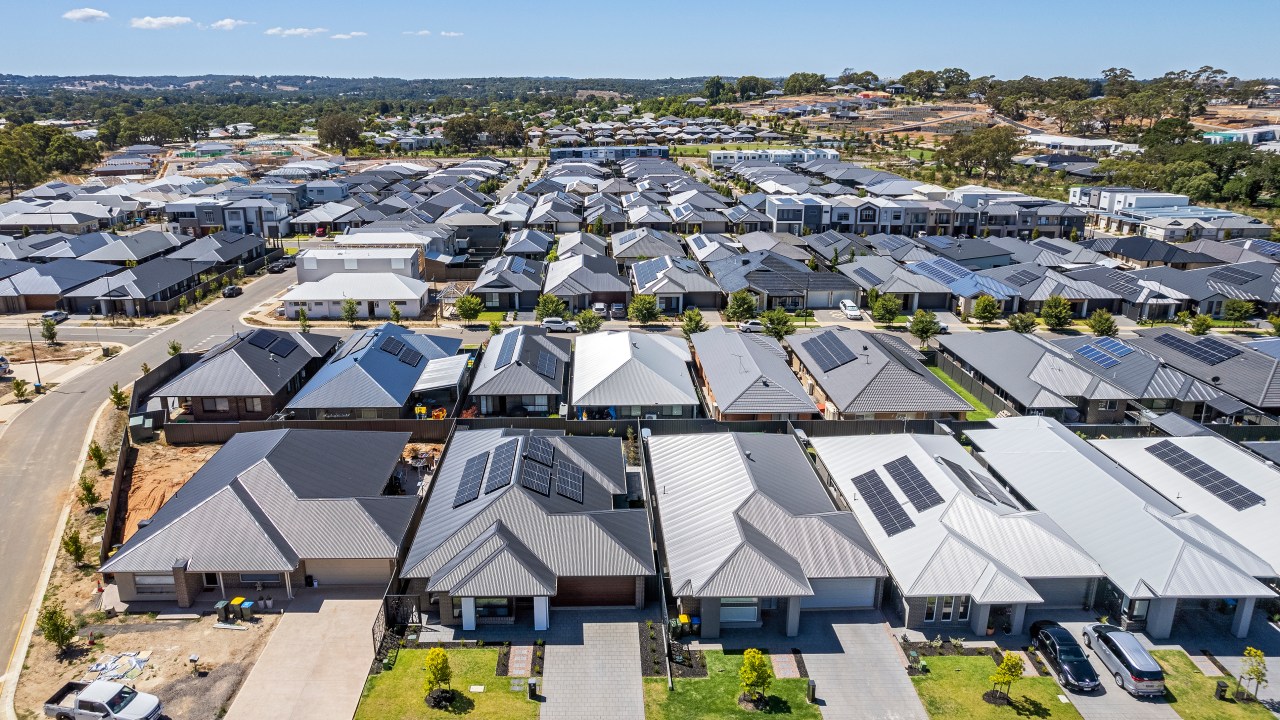Commonwealth Bank reports record profit and announces dividend amid economic pressures

Commonwealth Bank reports a record profit of $5.13 billion for the first half of the 2025 financial year, announcing a dividend of $2.25 per share despite economic pressures.
Aussies will be delivered billions in dividends as the nation's largest bank pays its shareholders from a windfall profit in the first half of the 2025 financial year.
Commonwealth Bank revealed a $5.13 billion profit over the six months to December 31, beating market expectations by about $76 million.
It marks a two per cent improvement on the six months to December 31 2023.
CBA has announced an interim dividend of $2.25 per share, which comes in at about 73 per cent of the bank's profit, or $3.7 billion.
This is a five per cent increase on the dividend paid in the first half of the 2024 financial year and will be paid on March 28.
When revealing the major bank's massive profit, Matt Comyn, CBA's chief executive officer, noted many Aussies had struggled with cost-of-living pressures but praised his company's role in approaching this.
"Through supporting our customers and investing in our franchise, we have been able to deliver solid results for our shareholders, despite the weaker economic backdrop," Mr Comyn said in a statement.
"Our consistent financial performance demonstrates our disciplined operational and strategic execution, and the bank's deep customer relationships that help us understand needs and risks and deliver superior digital experiences."
Mr Comyn continued to touch on tough price pressures that weigh down on everyday Aussies.
Interest rates have remained at 4.35 per cent since November 2023, while the cumulative impacts of post-pandemic inflation mean everyday goods on average cost about 20 per cent more than in 2020.
This inflation jump has greatly outpaced the Reserve Bank of Australia's preferred annual 2-3 per cent increase.
It comes as GDP rose just 0.8 per cent for the 12 months to September 2024 and dropped 1.5 per cent per capita.
"The Australian economy has slowed considerably, with cost-of-living pressures continuing to weigh on consumer demand and younger customers in particular making real sacrifices," Mr Comyn said.
"Private sector growth is weak, immigration is starting to slow and geopolitical uncertainties remain."
He noted that underlying inflation - the RBA's preferred measure which removes volatile price changes - has decreased from its post-Covid highs and led to improvements in consumer confidence.
Aussies were delivered encouraging news about two weeks ago when it was revealed inflation had dropped by 0.4 per cent, sparking hopes the central bank will cut rates next week as every major bank now predicts.
"Underlying inflation is now moderating towards the target range and we expect Australia will follow offshore economies with an easing cycle starting in 2025," the CBA boss said.
"This should provide some relief to many households and improve business confidence. The strong labour market and level of ongoing public sector infrastructure spend also provide cause for optimism on the domestic economic outlook."
CBA also reported a six per cent increase in its operating expenses compared to 1H24 which it attributed to higher staff costs due to inflation and investment in technology infrastructure.
The bank is Australia's largest lender and writes about one in four mortgages.
Its $584 billion of mortgages and $222 billion of business loans put its lending at record levels.
The bank's share price is up about 5.6 per cent since the start of the year and is more than 40 per cent higher than 12 months ago.














